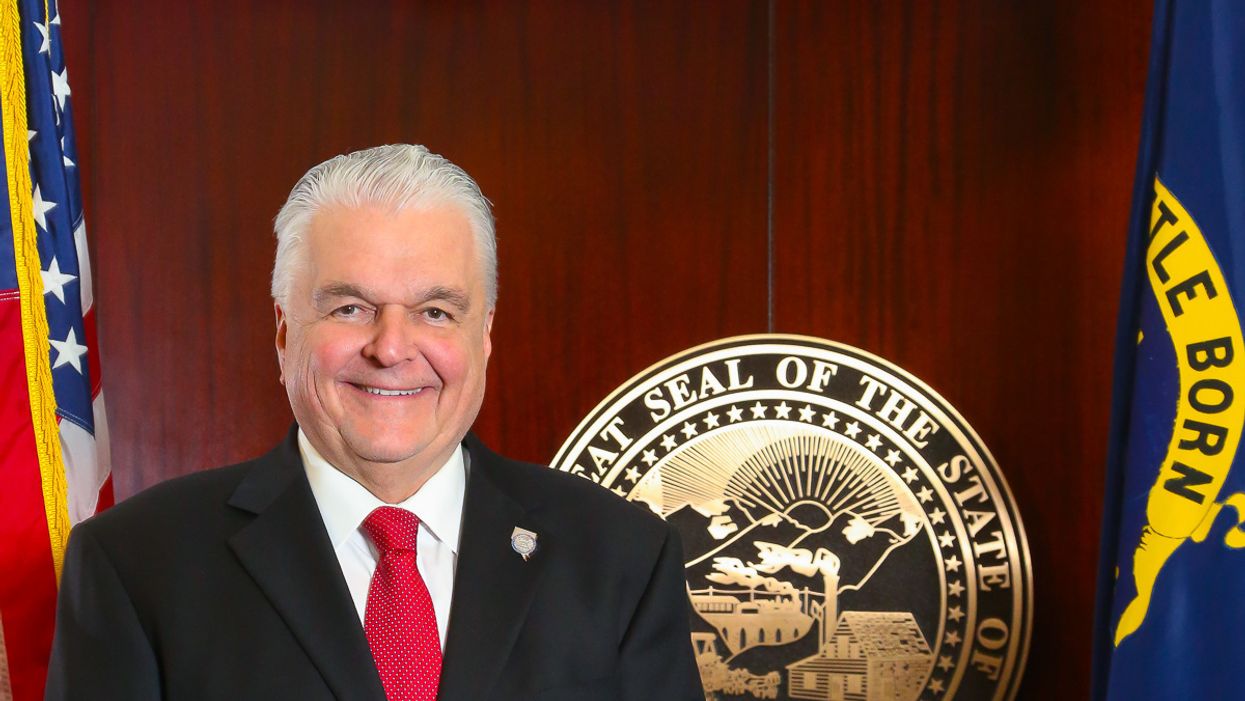Proponents of electing the president by popular vote had a setback when Gov. Steve Sisolak vetoed legislation committing Nevada's six electoral votes to the national popular vote winner.
Sisolak, a Democrat, said joining the National Popular Vote Interstate Compact "could diminish the role of smaller states like Nevada in national electoral contests and force Nevada's electors to side with whoever wins the nationwide popular vote, rather than the candidate Nevadans choose."
That was the argument Republicans in the state legislature used against the bill. But the Democratic majorities pushed it through along party lines.
Bypassing the Electoral College has become popular mostly in Democratic-controlled states since Hillary Clinton secured 2.9 million more votes than Donald Trump but lost on electoral votes. Democrat Al Gore also outpolled Republican George W. Bush but lost the 2000 election.
Supporters of the idea say having the president elected by popular vote would shift the focus of candidates away from just a handful of swing states and allow more voters to see the candidates in action.
The interstate compact that Nevada has now stepped away from would take effect when embraced by states with a combined 270 electoral votes, an outright majority. Fourteen states and the District of Columbia, with189 electoral votes, have joined so far – three this year (the Oregon legislature is still debating the idea).
"We will continue our bipartisan work in every state until the National Popular Vote proposal takes effect and every American voter is politically relevant in every presidential election," said Patrick Rosenstiel of National Popular Vote, the group leading the campaign for the compact.
Some question the constitutionality of the compact and therefore whether it would ever go into effect even if enough states passed legislation to reach the 270-electoral-vote threshold.




















Trump & Hegseth gave Mark Kelly a huge 2028 gift